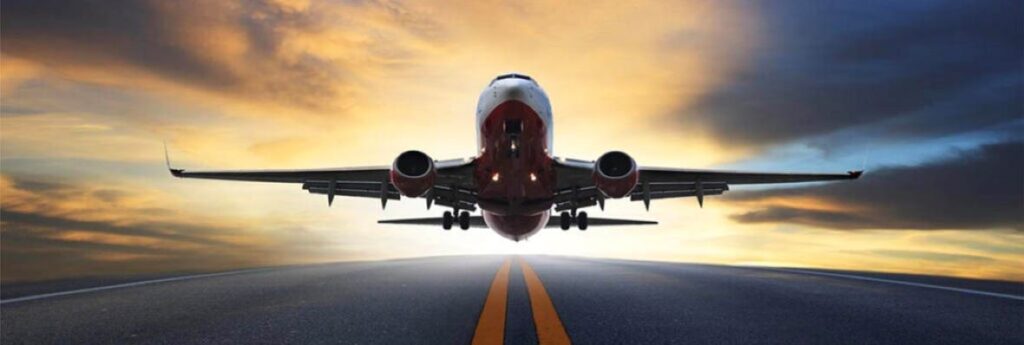The high cost of domestic air travel is largely due to the various fees the federal government charges airlines and airports, according to a Montreal Economic Institute (MEI) study released yesterday. Among the different fees that drive up ticket prices, the study focuses on three main ones: airport rents, security fees, and the fuel tax.
“Ottawa prefers to treat our airports as cash cows, rather than the essential transportation infrastructure that they are,” explains Gabriel Giguere, public policy analyst and author of they study, entitled Wing Heavy: The Fees That Undermine the Competitiveness of the Airline Sector. “These taxes have a direct effect on the high cost of domestic travel in this country.”
Each year, the non-profit organizations entrusted with managing Canada’s large airports pay rent to the federal government. For the 2022-2023 fiscal year, these rents surpassed their pre-pandemic peak, totalling $419 billion. Over the past 10 years, rents have gone up 42.5%.
According to the author of the study, these rents are passed on to consumers in the form of “airport improvement fees.”
As of May 1, 2024, the air travellers security charge will increase to $9.94 for a domestic flight and to $34.42 for an international flight. In comparison, the same fees in the United States do not exceed $15.30 Canadian.
The fuel tax represents another cost pushing ticket prices higher. It is set at four cents per litre in Canada. In contrast, the equivalent tax in the United States amounts to 1.55 cents Canadian per litre.
“When you add up all of these fees charged by the federal government, you quickly realize that a substantial portion of the price of a plane ticket is taxes,” explains Giguere. “Whether a ticket is bought for a vacation or to reach our remote regions, these taxes have a negative effect on families’ budgets.”
The MEI is an independent public policy think tank with offices in Montreal and Calgary.

